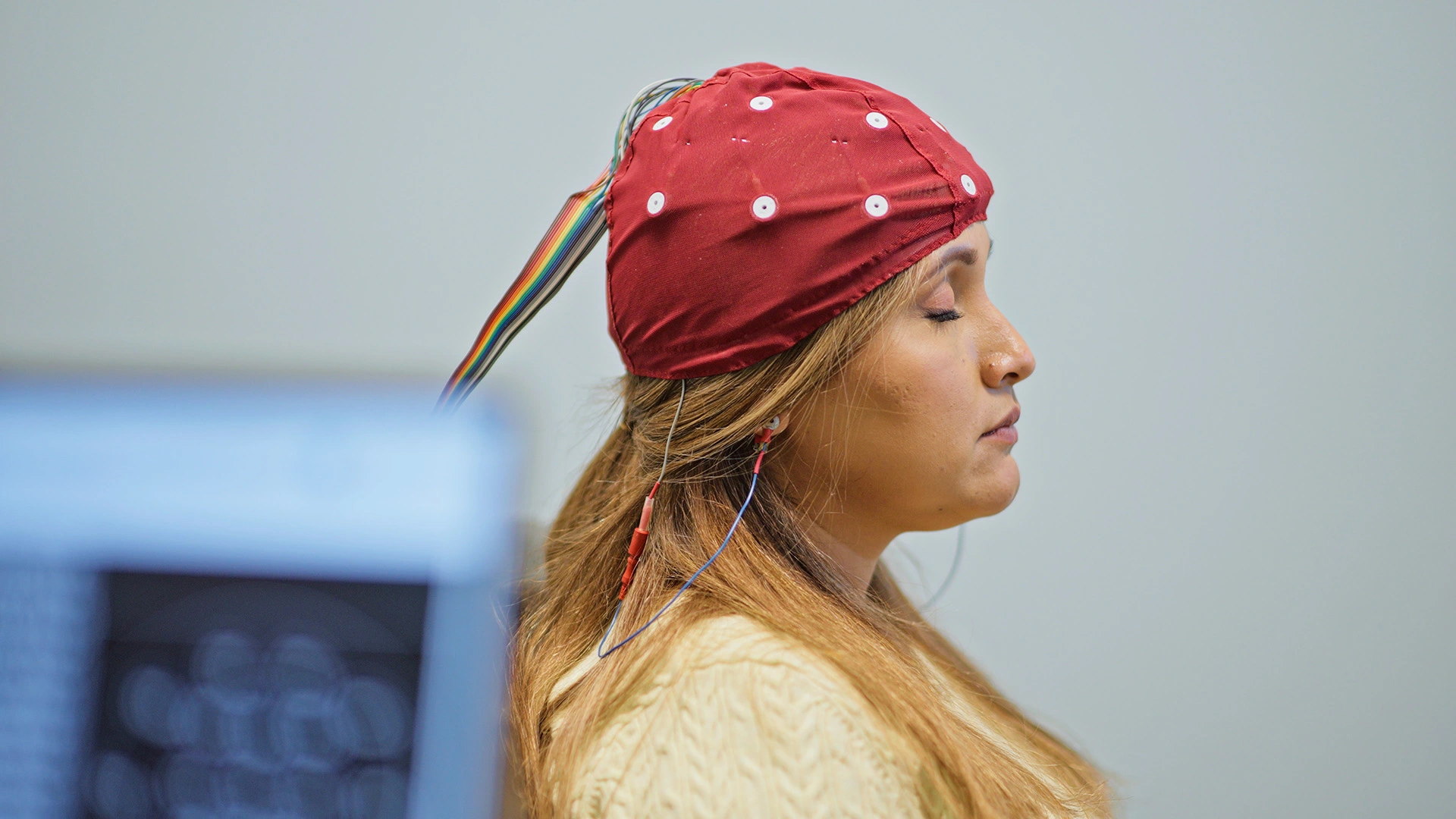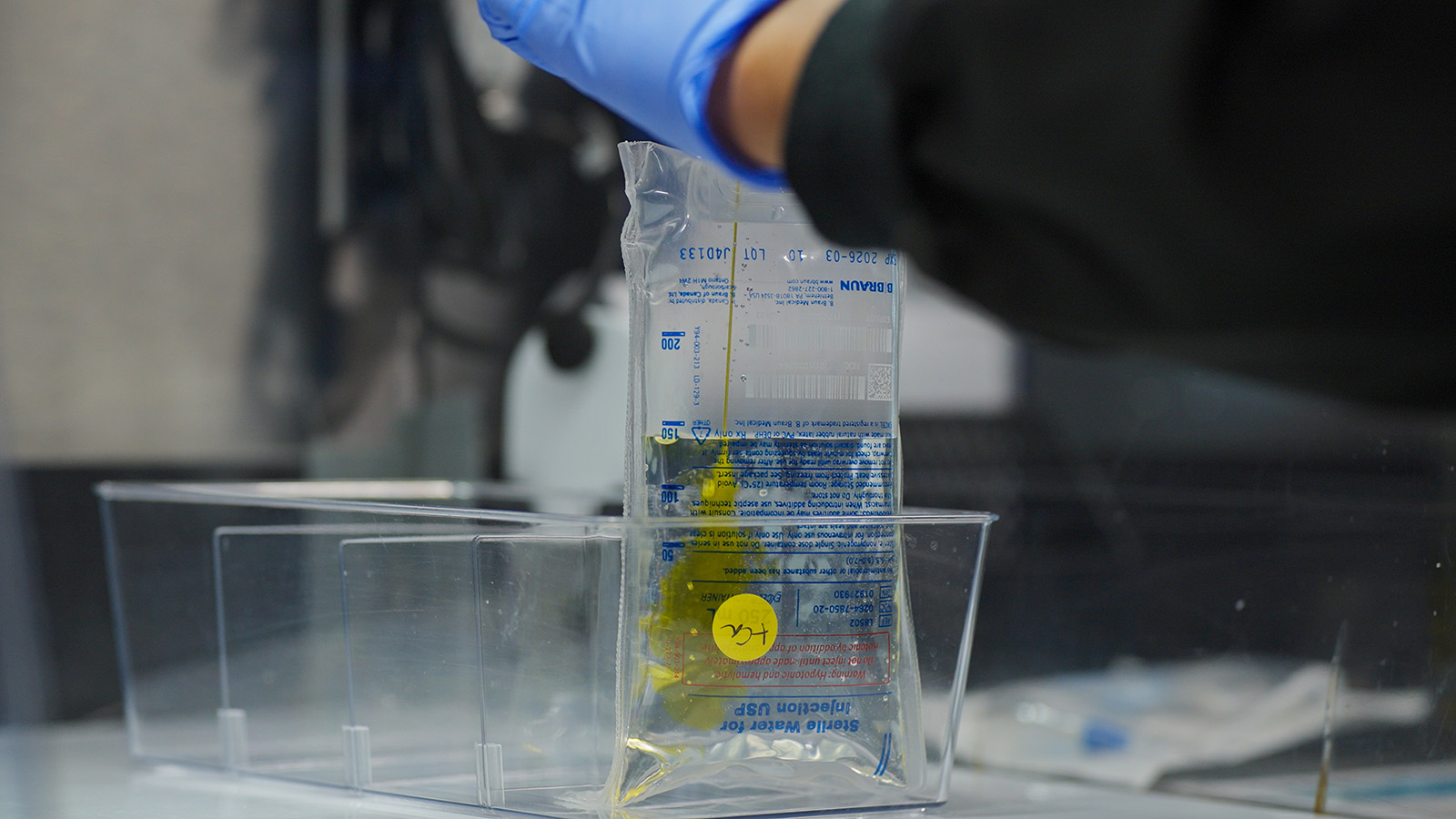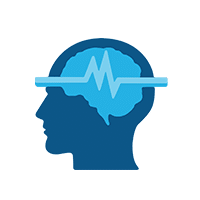
June marks Alzheimer’s & Brain Awareness Month, a time dedicated to raising awareness about Alzheimer’s disease and promoting strategies to maintain cognitive health. With over 7 million Americans aged 65 and older living with Alzheimer’s in 2025, adopting brain-healthy habits is more crucial than ever.
What Causes Alzheimer’s Disease and Dementia?
Alzheimer’s disease is a complex brain disorder caused by a mix of factors. These include your genes, age, environment, lifestyle habits, and other health conditions. Each of these can affect how quickly the disease develops and how severe the symptoms become —and understanding them can guide steps for prevention and care:
![]()
Genetics
The APOE-e4 gene, particularly when inherited from both parents, is a major risk factor for late-onset Alzheimer’s disease. People with two APOE-e4 copies are estimated to have a higher chance of developing dementia by age 85.
Age
Risk for Alzheimer’s disease increases significantly after age 65. In fact, the likelihood of developing Alzheimer’s doubles approximately every five years beyond age 65. By age 85, nearly one-third of individuals are estimated to have Alzheimer’s disease.
Lifestyle Factors
Unhealthy habits such as a poor diet, lack of physical activity, smoking, excessive alcohol use, and unmanaged chronic conditions like obesity, diabetes, or high blood pressure can all raise the risk of Alzheimer’s disease.
Changes in the Brain
Alzheimer’s disease is marked by physical changes in the brain, most notably the buildup of beta-amyloid plaques and tau tangles. These harmful proteins collect between and within brain cells, blocking normal communication. Over time, this damage disrupts memory, thinking, and behavior.
Environmental and Health Factors
Head injuries, poor cardiovascular health, exposure to toxins, and even social isolation may also play a role in increasing the risk of Alzheimer’s disease. These factors can affect blood flow, brain inflammation, and overall cognitive resilience, potentially accelerating cognitive decline over time.
Lifestyle Choices to Support Brain Health
Healthy lifestyle choices play a powerful role in protecting your brain. While age and genetics can’t be changed, your daily habits can make a real difference. Research shows that consistent healthy routines support brain function and may lower the risk of Alzheimer’s and other forms of dementia. Here are five proven strategies to help strengthen your brain health and stay mentally sharp as you age:
Adopt the MIND Diet
The MIND diet, a blend of the Mediterranean and DASH diets, emphasizes brain-healthy foods such as leafy greens, berries, nuts, whole grains, fish, and olive oil. Research indicates that adherence to the MIND diet can reduce the risk of developing dementia by up to 25%.
Engage in Regular Physical Activity
Regular exercise, including aerobic and strength-training activities, enhances blood flow to the brain and supports cognitive function. Even modest amounts of physical activity have been associated with a decreased risk of dementia.
Prioritize Quality Sleep
Adequate sleep is essential for memory consolidation and overall brain health. Both insufficient and excessive sleep durations have been linked to an increased risk of cognitive decline.
Stay Mentally and Socially Active
Engaging in mentally stimulating activities, such as reading, puzzles, or learning new skills, along with maintaining social connections, can help build cognitive reserve and delay the onset of dementia symptoms.
Manage Chronic Health Conditions
Controlling conditions like hypertension and diabetes is vital, as these can significantly impact brain health. Effective management of these conditions has been shown to reduce the risk of dementia.
Extivita’s Integrative Approach for Alzheimer’s
At Extivita, we understand that Alzheimer’s disease affects more than just memory—it impacts overall brain health, quality of life, and independence. That’s why our clinic takes a comprehensive, science-backed approach to support cognitive function and reduce the effects of cognitive decline. By combining advanced therapies that target inflammation, neuroplasticity, and cellular health, we aim to provide meaningful support for individuals at risk of or living with Alzheimer’s disease.
Below are the integrative therapies we offer to help optimize brain health and promote long-term cognitive function.

Hyperbaric Oxygen Therapy (HBOT)
HBOT increases oxygen delivery to the brain, which reduces inflammation and supports neuronal health. Research also suggests that HBOT promotes neurogenesis—the formation of new neurons—which could be beneficial in maintaining cognitive function and potentially slowing the progression of Alzheimer’s disease.
Neurofeedback
This therapy leverages the brain’s neuroplasticity—the ability to reorganize itself by forming new neural connections. Neurofeedback encourages the brain to develop healthier patterns, potentially enhancing cognitive performance and stability.


Nutritional IV Therapy
Administering nutrients like NAD+ and glutathione intravenously may combat oxidative stress and support cellular health in the brain. These nutrients play a key role in energy production and detoxification, which are essential for maintaining cognitive performance and slowing age-related decline.
Pulsed Electromagnetic Field (PEMF) Therapy
PEMF therapy works at the cellular level to stimulate repair and regeneration by enhancing microcirculation and cellular energy production. PEMF therapy may improve memory, cognitive clarity, and overall brain function through gentle electromagnetic stimulation.

Learn More About Alzheimer’s →

Start with a Free Personalized Wellness Visit
Alzheimer’s & Brain Awareness Month serves as a reminder of the importance of proactive steps in maintaining cognitive health. By integrating healthy lifestyle choices and exploring supportive therapies, individuals can take meaningful actions toward preserving brain function and reducing the risk of cognitive decline.
At Extivita, we’re here to support your brain health journey with our range of therapies and personalized care. Schedule a free wellness visit today to discuss how Extivita can help you maintain a healthier brain and improve your overall quality of life.
Sources
- “What Are the Causes and Risk Factors of Alzheimer’s and Other Dementias?” Alzheimer’s Association, www.alz.org/alzheimers-dementia/what-is-alzheimers/causes-and-risk-factors. Accessed 10 June 2025.
- Armstrong, Brittany. “Understanding Plaques and Tangles in Alzheimer’s Disease.” Kinesiology, UNC Greensboro, 24 Feb. 2025, kin.uncg.edu/2025/02/24/plaques-and-tangles/.
- Rakesh, Gopalkumar, et al. “Strategies for dementia prevention: Latest evidence and implications.” Therapeutic Advances in Chronic Disease, vol. 8, no. 8–9, 27 June 2017, pp. 121–136, https://doi.org/10.1177/2040622317712442.
- Lin, Guangyao, et al. “Clinical evidence of hyperbaric oxygen therapy for alzheimer’s disease: A systematic review and meta-analysis of randomized controlled trials.” Frontiers in Aging Neuroscience, vol. 16, 21 Mar. 2024, https://doi.org/10.3389/fnagi.2024.1360148.
- Campbell, Jared M. “Supplementation with NAD+ and its precursors to prevent cognitive decline across disease contexts.” Nutrients, vol. 14, no. 15, 7 Aug. 2022, p. 3231, https://doi.org/10.3390/nu14153231
- Trambaiolli, Lucas R., et al. “Neurofeedback and The aging brain: A systematic review of training protocols for dementia and mild cognitive impairment.” Frontiers in Aging Neuroscience, vol. 13, 9 June 2021, https://doi.org/10.3389/fnagi.2021.682683.
- Merighi, Stefania, et al. “Effect of low-frequency, low-energy pulsed electromagnetic fields in neuronal and microglial cells injured with amyloid-beta.” International Journal of Molecular Sciences, vol. 25, no. 23, 29 Nov. 2024, p. 12847, https://doi.org/10.3390/ijms252312847.









